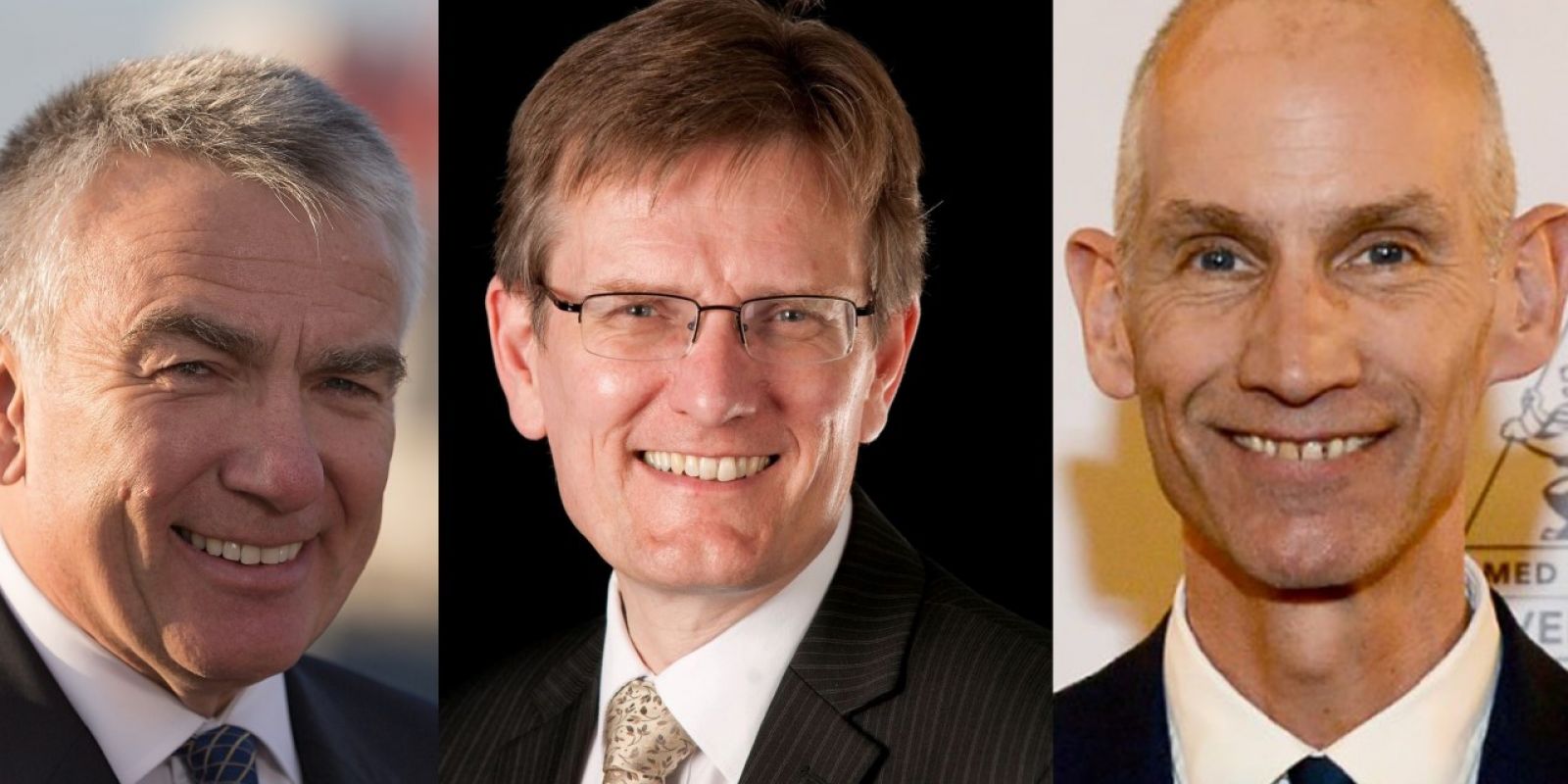Three senior figures from the worlds of business, the military and academia have been appointed to the board of the Greater Lincolnshire Local Enterprise Partnership.
Simon Bird from Associated British Ports is joining the LEP’s board of directors as a co-opted director, while Major-General (Retired) Julian Free CBE will become Chair of the Defence Board and a co-opted member of the board of directors.
Joining them is Professor Andrew Hunter from the University of Lincoln, who will become a non-executive director of the LEP board.
Simon Bird has been the Regional Director (Humber) of Associated British Ports since 2015 and has enjoyed a 24-year career in the ports sector.
He spent 15 years as Chief Executive of the Bristol Port Company and is an Honorary Captain in the Royal Naval Reserve.
Julian Free CBE was commanding officer of the 26th Regiment Royal Artillery and commander of 4th Mechanised Brigade. He served with the British Army in Iraq and Afghanistan and was appointed Commandant of the Joint Services Command and Staff College in 2014.
He has been Deputy Vice Chancellor for People, Services and Operations at the University of Lincoln since 2017.
Another senior figure from the university joining the board is Professor Andrew Hunter, who is Deputy Vice Chancellor for Research and Innovation at the University of Lincoln.
He specialises in computer vision and machine learning and first joined the university in 2004.
Pat Doody, Chair of the Greater Lincolnshire LEP, welcomed the new appointments.
“Our board of directors is made up of a diverse collection of people with high-level skills and experience in a range of sectors,” said Pat.
“We’re delighted to bring in Julian, Andrew and Simon as they will very much enhance our expertise in some important areas and deepen our connections into those sectors such as defence, artificial intelligence and ports and logistics.
“It’s a really exciting time to join the LEP board and play a strong role in delivering the economic opportunities for Greater Lincolnshire in areas such as freeports, our global food and seafood sectors, the rural health agenda, decarbonisation and offshore wind.”


